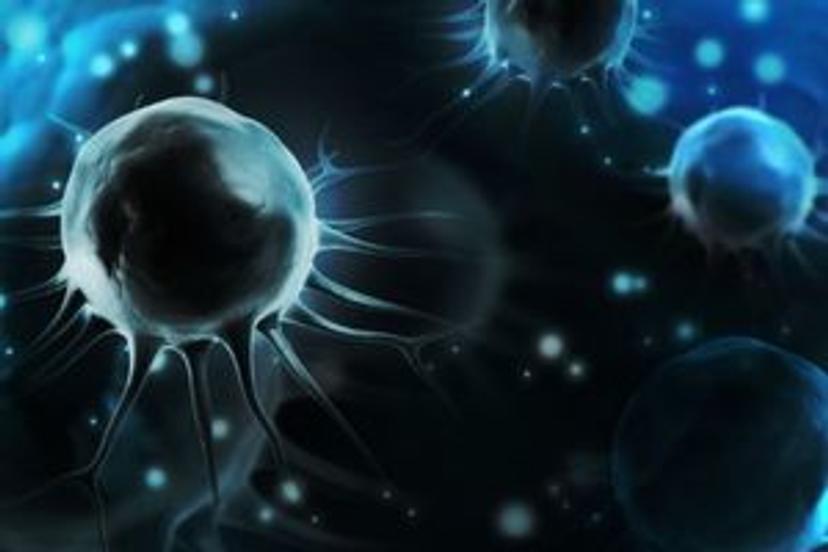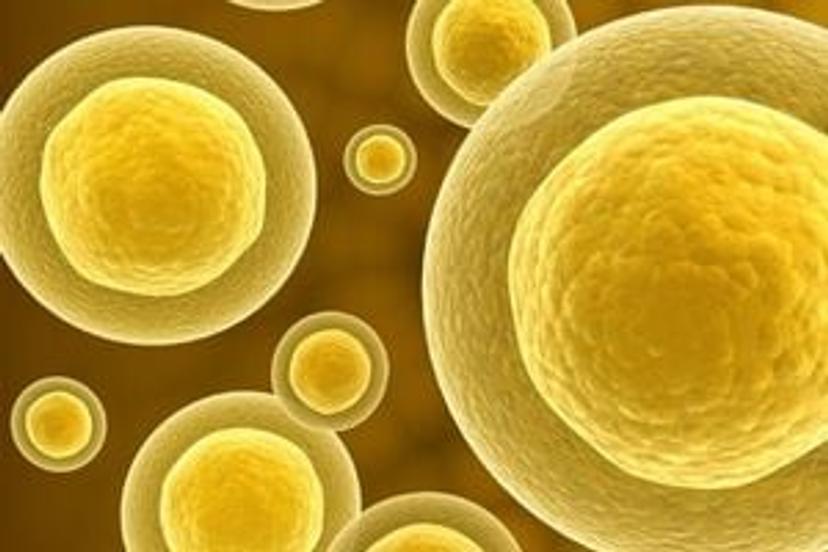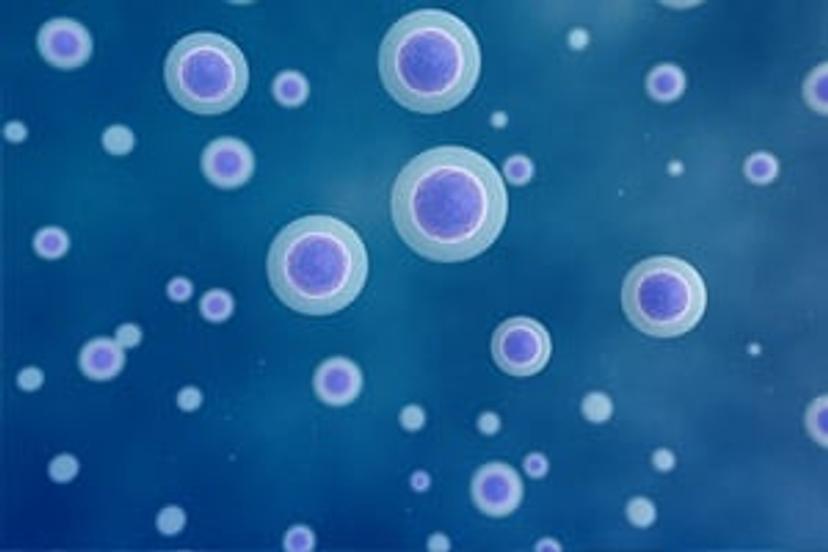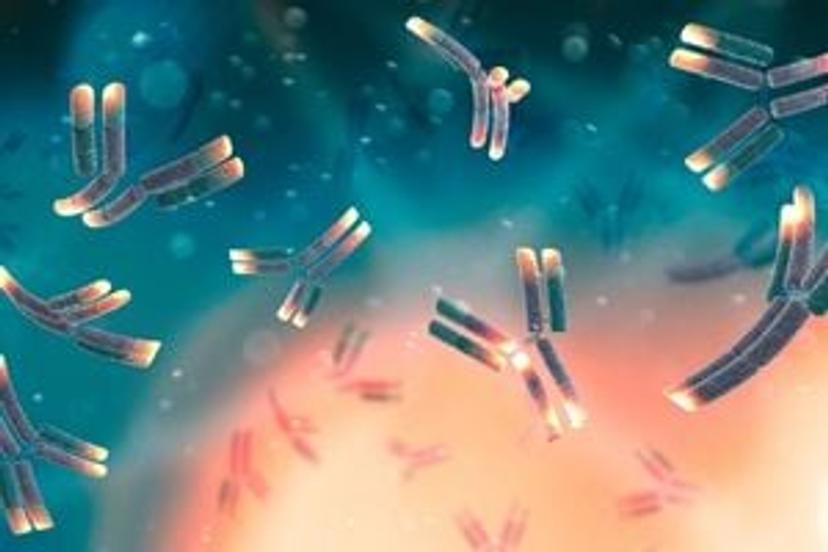5 upcoming webinars to expand your science
Discover the latest tools and techniques to expand your research capacity with expert-led presentations on RNA therapies, immunotherapies, antibody-drug conjugates, and more
24 Mar 2023
SelectScience® hosts dozens of informative free webinars for scientists every month, featuring world-class speakers at the very forefront of their respective fields. In this regular feature, we highlight the events you won't want to miss over the next few weeks or so, as well as some of our top on-demand webinars.
This week, discover how biomarker development for cancer immunotherapy is being transformed, explore how the tumor microenvironment is being modeled with an in vitro cell-based assay, and learn how spatial hyperplex immunofluorescence can support the identification of different tumor sub-populations. Plus, understand how to characterize antibody-drug conjugates (ADCs), explore how the potential of RNA therapies in autism spectrum disorder is being unlocked, and much more.
Transforming biomarker development for cancer immunotherapy: Introducing the PhenoCode Signature approach

As cancer treatment evolves with the advent of new immunotherapies, it is crucial to accurately identify which patients will respond to these treatments. The tumor microenvironment (TME) has been shown to be a key factor in determining therapeutic responses across various cancer types. In this webinar, Dr Ning Ma, Sr. Applications Scientist at Akoya Biosciences, will discuss the latest tools for analyzing the TME and simplifying the process of developing predictive biomarkers.
Monday, March 27, at 16:00 BST / 17:00 CEST / 11:00 EDT / 08:00 PDT
Modeling the tumor microenvironment: An in vitro T cell exhaustion model for the characterisation of multi-specific biologics and immunotherapies

In this webinar, join Dr. Agapitos Patakas, Chief Scientific Officer, Antibody Analytics, as he shares the benefits and limitations of modeling the tumor microenvironment immune cell infiltrate with an in vitro cell-based assay. The assay is well suited to the interrogation of the therapeutic value of targeting checkpoint axes and is benchmarked with an approved checkpoint inhibitor (CPI) e.g. nivolumab. A T cell exhaustion model will be presented, employing healthy human donor cells, and the value of the model in the context of numerous T cell-directed therapies (modality agnostic) will be discussed. The benefits of pre-screening donors to increase assay success and employing multiple, high-content readouts in parallel to maximise data output will also be explored.
Tuesday, March 28, at 16:00 BST / 17:00 CEST / 11:00 EDT / 08:00 PDT
The spatial and functional heterogeneity of PDAC tumor sub-populations

Pancreatic cancer is therapeutically resistant and metastatic. It is defined by a vast, heterogeneous microenvironment, and two distinct, but metastatic, cancer cell populations. Using genetic mouse models, we have begun unraveling the complex functions and interactions of these tumor sub-populations. In this webinar, Dr. Julienne Carstens, Assistant Professor at the University of Alabama at Birmingham, will discuss the findings of the tumor regulatory properties of microenvironmental sub-populations, and their function-location linkage within the tumor.
Thursday, March 30, at 14:00 BST / 15:00 CEST / 09:00 EDT / 06:00 PDT
Get the full scoop on your ADC from microliters

Working with antibody-drug conjugates (ADCs) can be difficult. Join this webinar to explore the concentration, labeling, stability, and viscosity data of an mAb and its conjugate. We'll show you how to use Unchained Labs tools to gain information from only a couple of microliters of sample. Learn how to determine multiple critical protein and ADC parameters fast, discover how to quantitate protein concentration and labeling efficiency of an ADC, explore how to assess conformational and colloidal stability in thermal ramps and long-term experiments, and understand how to measure protein formulation viscosity fast, with only microliters of sample.
Thursday, March 30, 2023 at 17:00 BST / 18:00 CEST / 12:00 EDT / 09:00 PDT
Unlocking the potential of RNA therapies in autism spectrum disorder: How definitive human iPSC-derived cells are paving the way

In this webinar, Dr. Rodney Bowling, Chief Scientific Officer, Everlum Bio, will discuss how new GABAergic neuronal models are advancing the screening of antisense oligonucleotide (ASO)-mediated RNA therapies for rare autism spectrum disorders (ASD) affecting children. Explore how ASOs can be used to discover and develop drugs for rare ASD affecting children, and learn about the need for a consistent, physiologically-relevant and scalable in vitro cellular screening model to identify optimal ASOs for an RNA target for ASD. Understand the design considerations for building optimal ASOs, including modifications to improve ASO binding affinity and effectiveness, and explore how precision reprogrammed hiPSC-derived ioGABAergic neurons are being applied within ASO screens to discover personalized oligonucleotide-based therapies for rare ASD.
Friday, March 31, at 15:00 BST / 16:00 CEST / 10:00 EDT / 07:00 PDT
Watch our webinars at a time that suits you
Missed one of our webinars? Fortunately, all SelectScience webinars are made available on demand after the live event. Catch up on some of our latest webinars below:
The basic physics of spectroscopy: Light-matter interaction for fun and profit
Complete mAb stability characterization: From CHO cell line development to degraded polysorbate ID
Assessment of LNP quality and encapsulation efficiency by nano-flow cytometry
The past, present, and future of food safety testing – a SelectScience Broadcast
Spatial multi-omics in targeted cancer immunotherapies
Optimizing clone selection in cell line development
Lowering NGS analysis cost at lightspeed
Spectroscopy techniques in practice: Methods and motivations
SelectScience runs 10+ webinars a month across various scientific topics, discover more of our upcoming webinars>>
